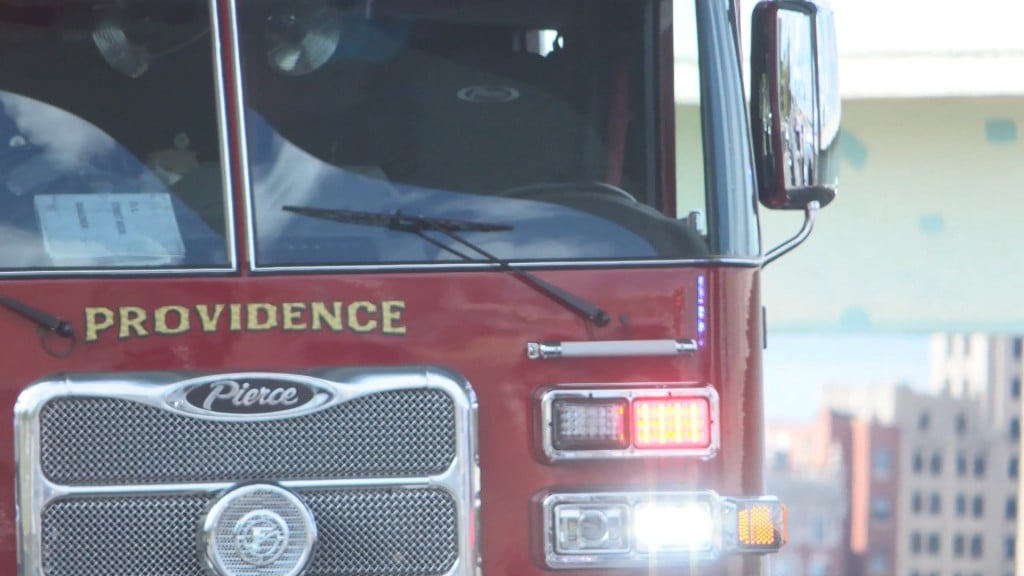Book ban discussion resurfaces as literacy advocates mark important milestone
PROVIDENCE, R.I. (WLNE) — In the coming weeks, kids across the country and here in Rhode Island are heading back to school with some newly learning, and others carefully honing the skill of reading.
“Literacy is one of those basic skills that we know that folks need in order to be successful, not just in school, but in life in general,” Aimee Falso said.
Falso is the executive director of the non-profit Reach Out and Read Rhode Island (RORRI).
They’re celebrating their 25th anniversary of integrating literacy into children’s lifestyles at a young age.
“They’re going to be better prepared to enter kindergarten having physically held a book, and learning how to go through a book before they reach school is going to set them on a great path to success,” said Falso.
Pediatric research shows more than 35% of children get to kindergarten without the skills they need for a lifetime of learning.
Through their partnership with local clinics, RORRI annually provides a wealth of books on a variety of appropriate topics.
“Last year we ended up providing about a hundred thousand books, which means that there were 100,000 opportunities where a provider talked with the family about the importance of literacy.” Falso said.
But variety isn’t always eagerly embraced.
“The ABA, the American Booksellers Association, I believe, has called out over 42,000 books this last year that were banned,” said Carew Papritz, award-winning author and literacy advocate.
“We gotta find some light in a situation where there seems to be a lot of darkness with book banning,” he said.
“If you ban books, I will tell you, kids will go and say, ‘why are you banning these books, they must be good because an adult says no.”
Papritz shared insight on why book banning is something we’re hearing more about every year.
“We’re trying to quote un quote protect our kids,” he said, in reference to those in favor of book bans.
“But I guess we’re really not protecting them, because what we’re trying to do is stifle knowledge, we’re trying to stifle learning, we’re trying to stifle openness to information,” he continued.
It’s a topic recently addressed during a Newport Public Schools committee meeting, as residents voiced their opinions about LGBTQ+ policies and books in schools.
“I don’t know whether I should be flattered or upset with the amount of people who came out tonight to call us book banners,” said Amy Rodrigues, chair of the Washington County Chapter of Mom for Liberty.
“To my knowledge, I have not banned one single book. My organization has not banned a single book. You can buy the book, you can find the book, you can read it to your children if you want. There is a difference between curating and banning,” Rodrigues said.
But teachers like Anna Kimes and other leaders pushed back. “It seems to me a no-brainer that banning books in public schools is not a good idea,” Kimes said, emphasizing what she points out as a right to reading.
“This right belongs to children as well as adults. The supreme court recognized that the first amendment protects students’ rights to receive information and express ideas,” Kimes said.
Efforts to ban books through Rhode Islands legislature failed last year and the year before, although more attempts could be on the way here and across the country, especially as pertain to LGBTQ+ rights.
But one thing students, parents and educators can ace, in the meantime, is carving out time to make sure, no matter what you read, you make reading a priority.
“The earlier that child is introduced to that, the better foundation they’re going to have,” Falso said.



